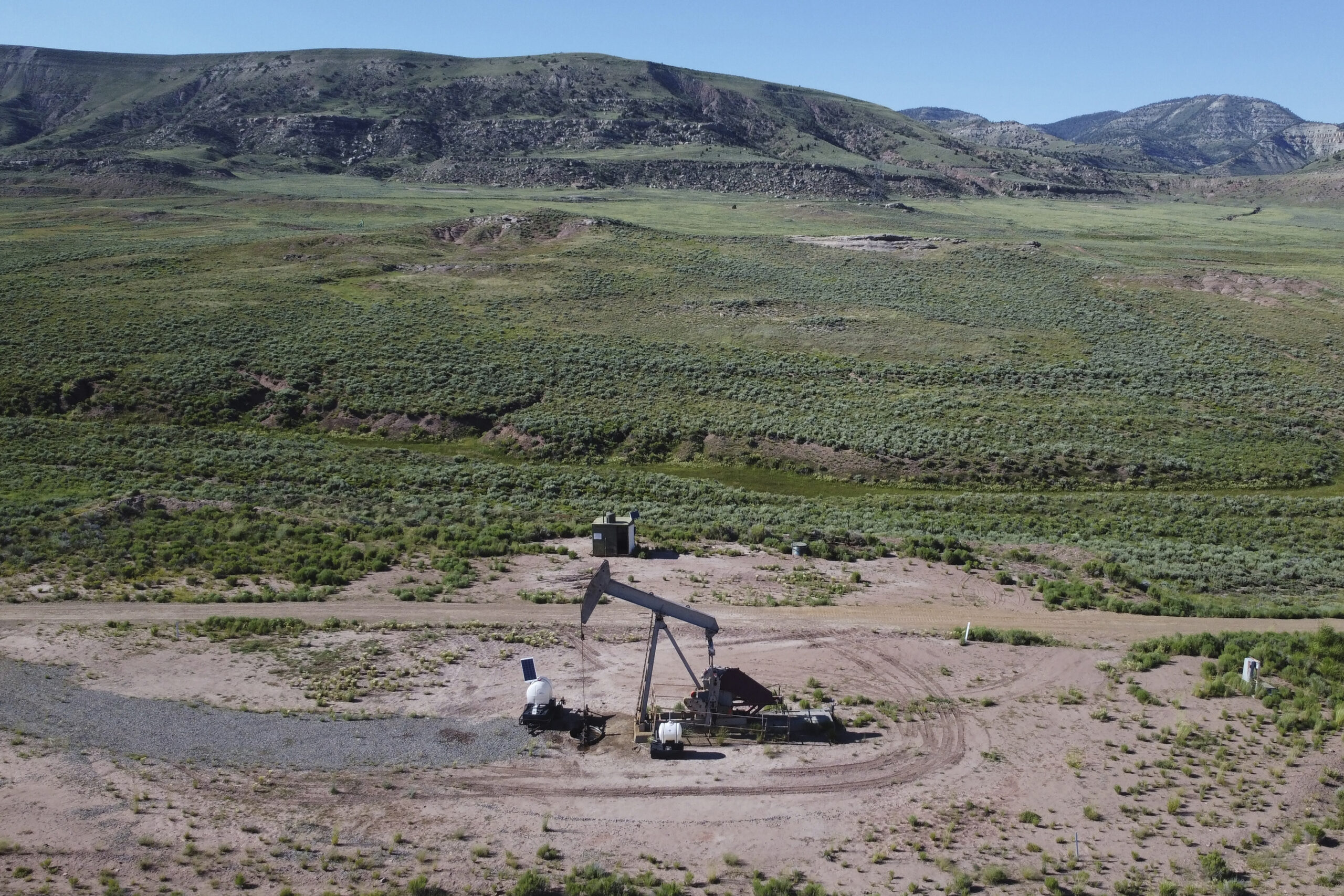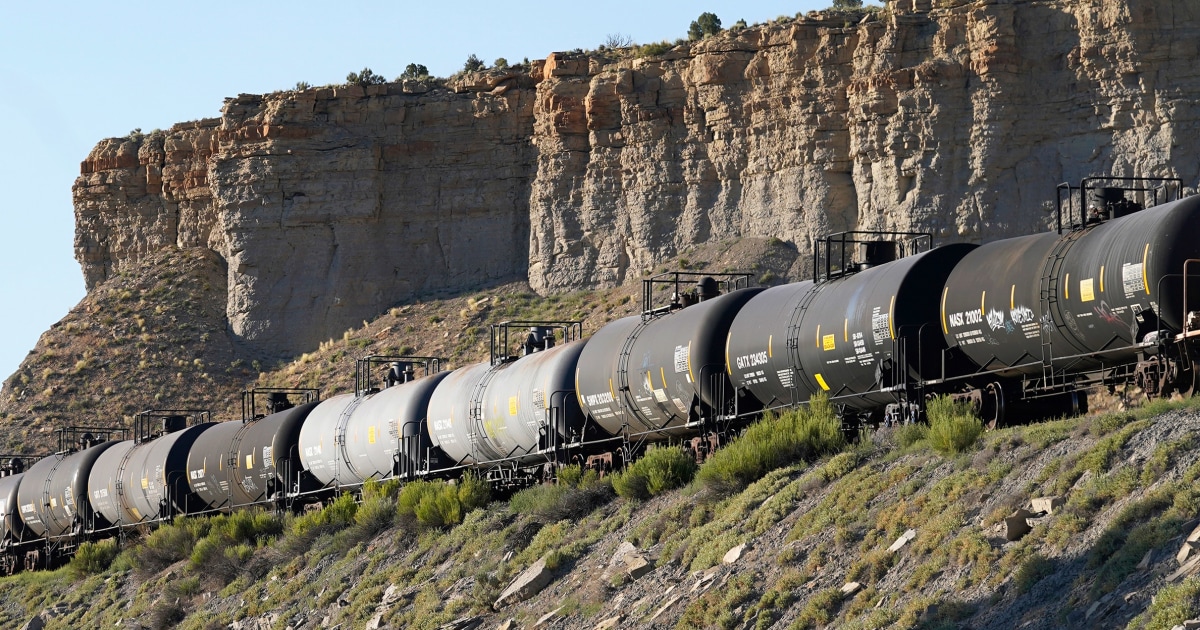Supreme Court Approves Uinta Basin Railway, Easing Environmental Review Standards
The Supreme Court's unanimous ruling on the Uinta Basin Railway project could streamline infrastructure development across the U.S. amid environmental concerns.
Subscribe to unlock this story
We really don't like cutting you off, but you've reached your monthly limit. At just $5/month, subscriptions are how we keep this project going. Start your free 7-day trial today!
Get StartedHave an account? Sign in
Overview
The Supreme Court unanimously approved the Uinta Basin Railway project in Utah, which aims to expand oil production and connect the region to national rail networks. The ruling narrows environmental reviews under NEPA, allowing federal regulators to focus on direct impacts rather than broader consequences. This decision is viewed as a significant win for business interests, while environmental groups express concerns over potential negative impacts on air and water quality. The project, which could quadruple oil production in the area, still requires further regulatory approvals and financing before construction can commence.
Report issue

Read both sides in 5 minutes each day
Analysis
- The article presents a positive outlook on the Supreme Court's ruling.
- It suggests the ruling will ease regulatory burdens under NEPA.
- Quicker project approvals could benefit the economy and infrastructure projects.
Articles (12)
Center (5)
FAQ
The primary purpose of the Uinta Basin Railway is to connect the shale oil-rich Uinta Basin region in eastern Utah to the national rail network, facilitating the transportation of oil to distant refineries and markets.
The Supreme Court's ruling narrows environmental reviews under NEPA by focusing on direct impacts rather than broader consequences, which could streamline infrastructure development across the U.S. while raising concerns about potential environmental impacts.
The project could significantly increase oil production and economic activity in the region. However, it also raises concerns about potential negative impacts on air and water quality.
History
- 5M

 6 articles
6 articles









